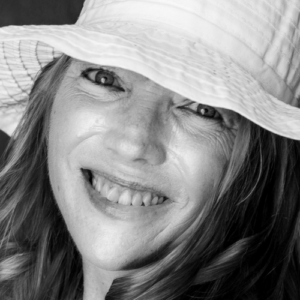 All transitions, regardless of how big or small, life-changing or minimally life-changing, scary or fun – all transitions bring back our children’s insecurities and uneasy life. We think a Disney Land trip would be fun but to an adopted child, especially newly adopted, it might be too much for them. Surprises are often met with fear of the unknown. The end of a school year and the beginning of summer relaxation and freedom can throw their balance off. They may meet their first day of summer vacation with anger and behaviors contradictory to the excitement you would expect, even if you had fun things planned.
All transitions, regardless of how big or small, life-changing or minimally life-changing, scary or fun – all transitions bring back our children’s insecurities and uneasy life. We think a Disney Land trip would be fun but to an adopted child, especially newly adopted, it might be too much for them. Surprises are often met with fear of the unknown. The end of a school year and the beginning of summer relaxation and freedom can throw their balance off. They may meet their first day of summer vacation with anger and behaviors contradictory to the excitement you would expect, even if you had fun things planned.
We were excited about our two children’s first Thanksgiving after being adopted into the USA. We talked about visiting with relatives, food and fun. Without us realizing it, they turned our excitement into a fear they felt and hid in their hearts that grew larger and larger until their first Thanksgiving came. Our 5 year old son was scared that we all were going to eat so much we would die and our 3 year old son was so sick that day, he slept through it all. We had no idea, until after Thanksgiving the fears they were ‘creating’. The same children thought that New Years Day represented the end of our lives.
When one of our children we adopted from the U.S. foster care system was finalizing their adoption the following day, we were beside ourselves with excitement. We knew how much those legal documents meant to his security. He could never believe we chose to adopt him and we loved him beyond his poor decisions and actions. The night before his finalization court date, he broke down in tears. We were confused. Between tears, he told us he was afraid that the judge would change his mind. We tried hard to reassure him that all of the work was done and it was merely a formality, but what does a child of 10 years old know about formalities. He did not fully calm down until after the court date, but his insecurities remained buried deep within him.
Taking the time to explain things on a child’s level can help a great deal. It may not prevent fears but it can alleviate. Being aware of this can help build that trust an adoptive parent needs to build with their child. Don’t take things for granted. Sometimes, too, being moved from home to home in foster care or being from a third world country, our children do not know things that we assume every child knows. For example, I asked my 11 year old to open a can of vegetables for dinner one night, and from around the corner I watched him stare at the can and stare at the can-opener in confusion. We cannot assume. We cannot embarrass. We need to teach and prepare. They need information, plenty of it, and clarity. They need to be fully prepared. They need to know how to do things, what is going to happen, why, how long, where they are going, when they will return, what to bring….and so on.
And again, don’t take it personally if your child acts out behaviorally, find out the root of what is bothering them. There may be confusion and fear at the base.
Is there anything your child, biological or adopted, did not know that you assumed they did? Feel free to share.


